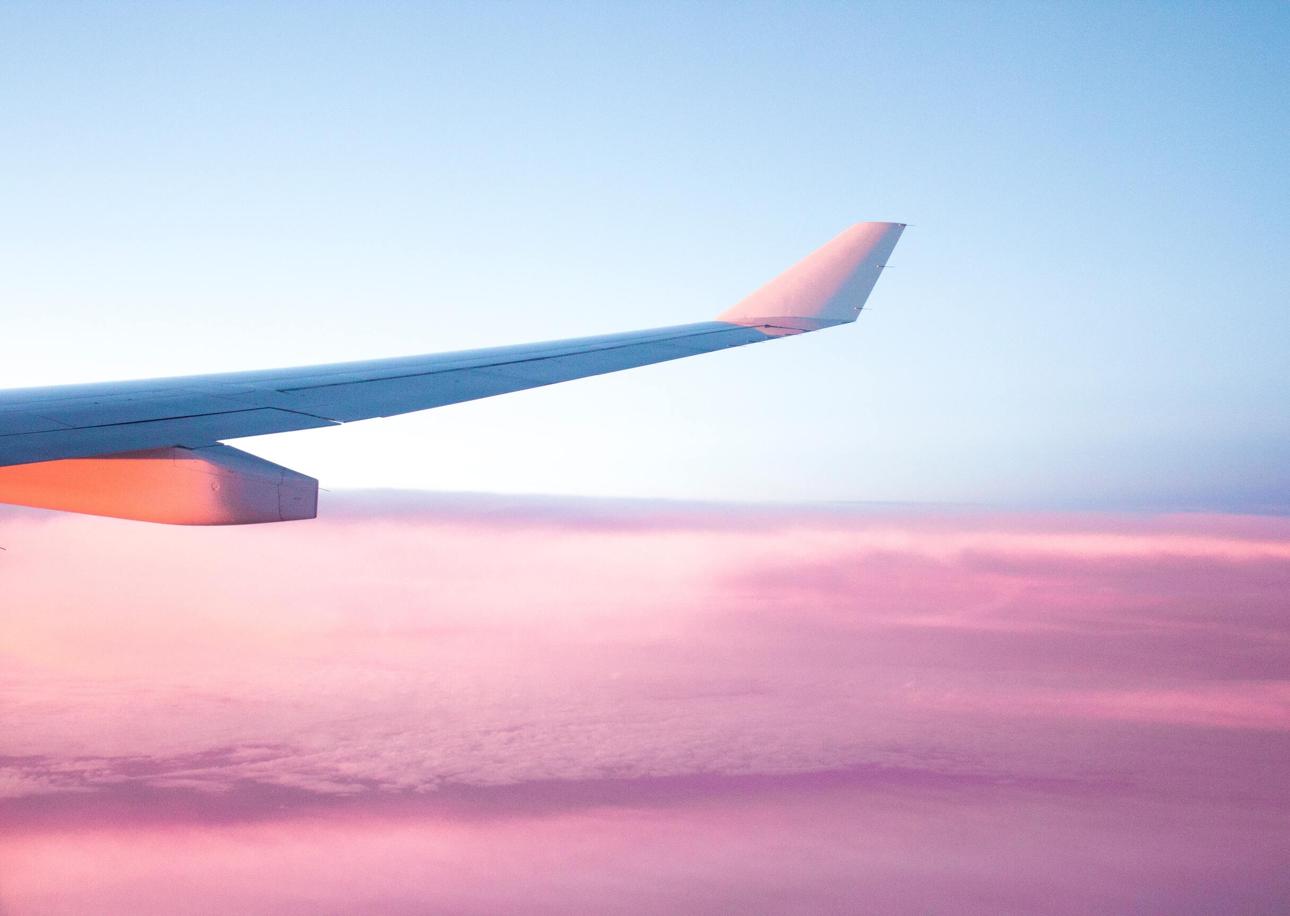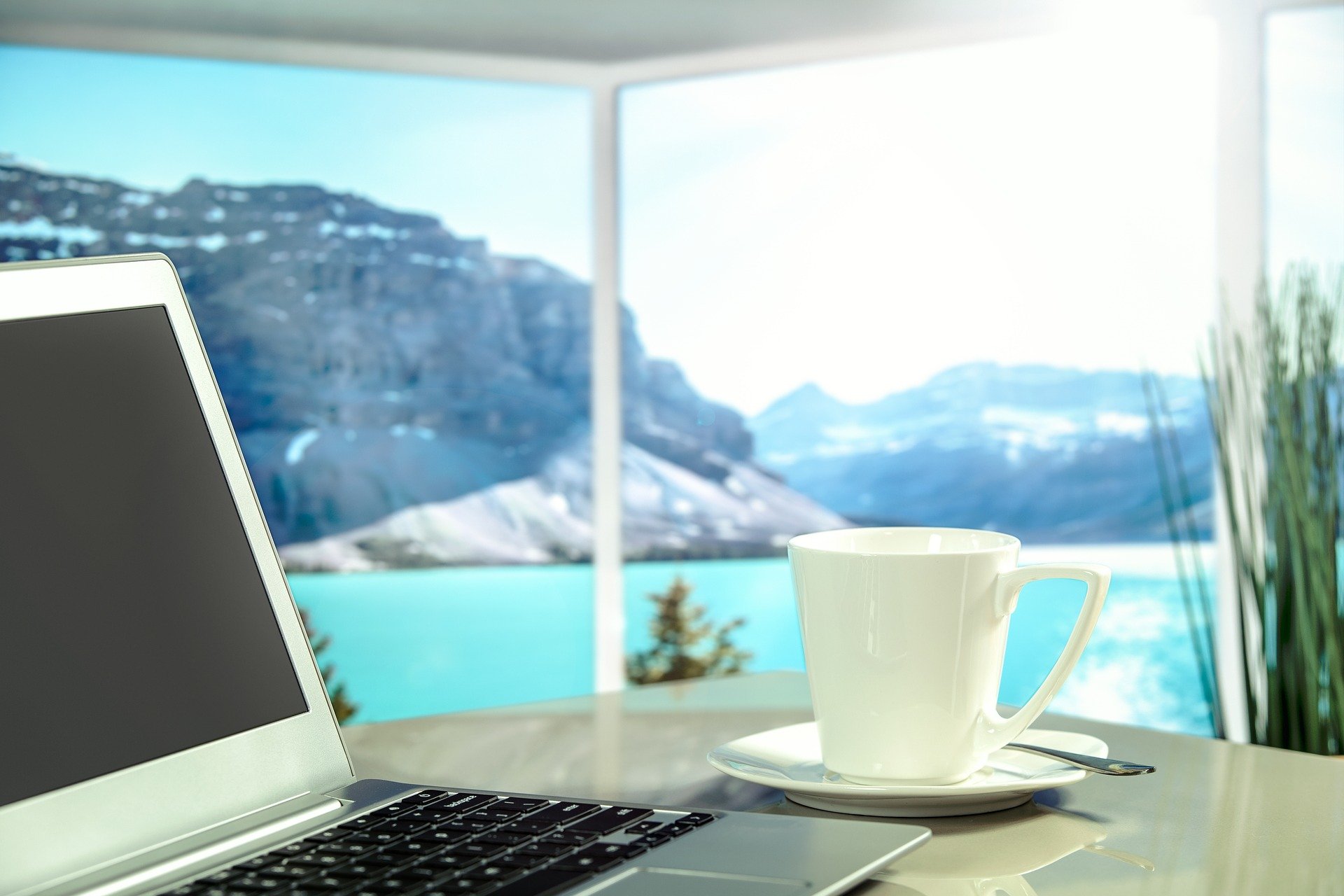Netflix Thailand Subscription Price Has Just Gone Down
Netflix Thailand has officially announced a new price for base subscriptions We’ve ...

“For business or pleasure?” You might have heard this phrase a number of times in movies when a character checks-in, but this phrase is officially a thing of the past. A combination of both business and pleasure, “bleisure” is becoming the major trend in travel, taking flight especially with the younger generation. With the rise of remote working, hotel groups which were once associated with business tourism are now focusing on leisure and all-inclusive packages to approach new expectations.
As the lines between work and life blur, so does that between business and personal travel. Business travellers around the world, especially millennials, are adding weekends to work trips whether it’s with a partner, family or even solo to enjoy leisure activities or to attend events. The concept began taking shape since working from home has become the norm for more than a year now. Before, business hotels would experience a high occupancy rate during the week and quieter weekends. Bleisure travel now fills in the gap on weekends, as guests decide to extend their stay to reduce stress and boost morale and ultimately productivity.

According to a study from Expedia Group, it was found that the top three factors which influence whether or not a traveller will make a business trip into a bleisure trip are: whether the person is travelling to an exciting destination (66%), the additional costs involved with extending the trip (59%) and how close the trip is to the weekend (51%). Diving deeper, some features that are most likely to encourage a bleisure trip are beaches, weather, restaurants and sightseeing locations. Events, festivals and music concerts also play a large factor in considering the destination people travel to. Moreover, bleisure travellers choose to use services that make travel flexible as well as accommodations with reliable internet, 24-hour services and leisure facilities like pools, gyms, restaurants and spas.
The rapidly growing development of bleisure trips carry huge opportunities for independent hoteliers. Millennials look for customised experiences rather than generic experiences from big hotel chains. Independent hotels therefore are designed to appeal to the millennial mindset. The younger generation of professionals prefer hotels with character and authenticity and enjoy personalised service and creative designs. In addition, independent hotels often partner with local-owned businesses to highlight the neighborhood. Millennials also tend to be more conscious as consumers, concerned with environmental sustainability and supporting small businesses. As independent hotels tend to be smaller, they adapt better to these needs than the larger, more traditional hotel chains are able to.
Netflix Thailand has officially announced a new price for base subscriptions We’ve ...
Must-have gadgets for kids in the Y2K are, predictably, making a comeback ...
While traditional TV shows are serving us endless boy-meets-girl tales. Thailand has ...
Pets, as cherished members of our families, deserve rights and protections that ...
With fashion trends that exit as quickly as they arrived and a ...
Unleashing the Power of Art as a Catalyst for Advocacy Artists have ...
Wee use cookies to deliver your best experience on our website. By using our website, you consent to our cookies in accordance with our cookies policy and privacy policy